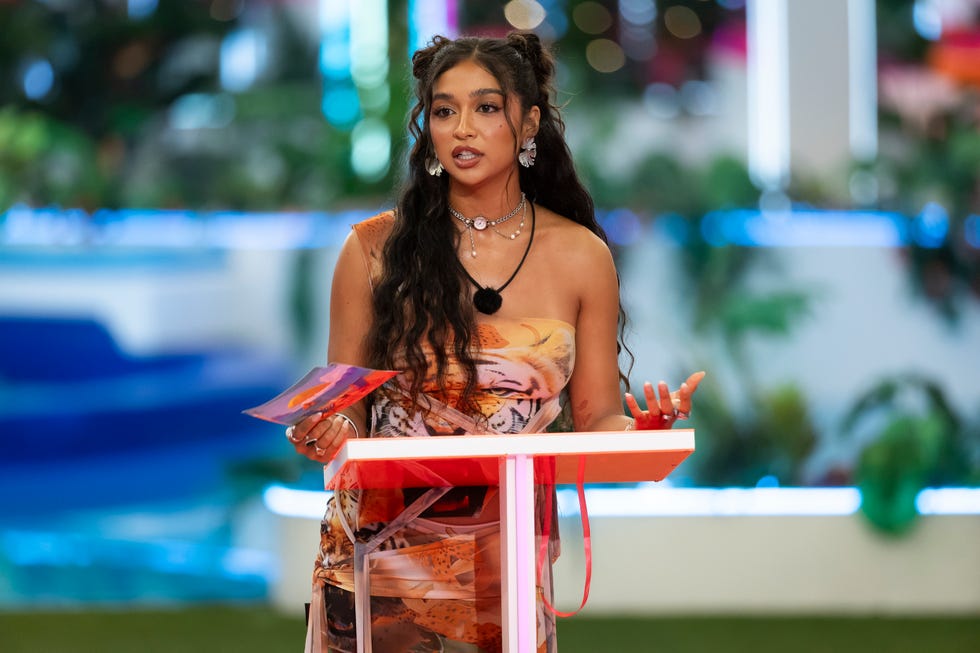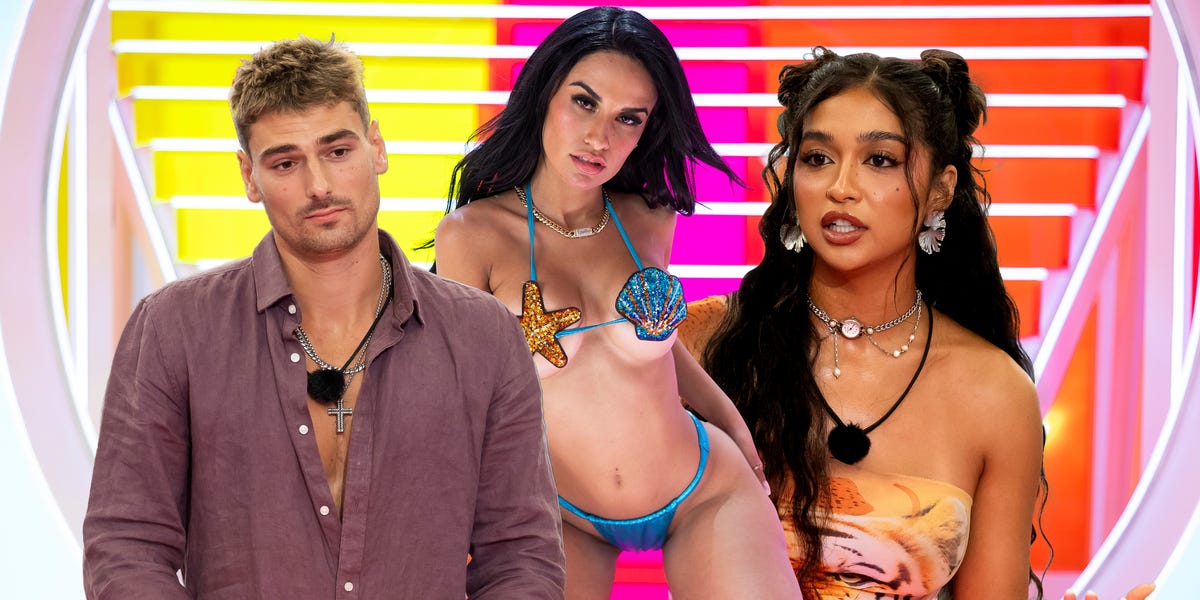If you’re a reality TV fan in 2025, then you know that it’s likely someone on your favorite show has something problematic hidden in their past. A Big Brother houseguest might use a slur on the live feed. A suitor on The Bachelorette will be exposed as having been convicted of assault and battery. The most recent scandal occurred during season 7 of Love Island USA, which saw two cast members sent home for past use of racist language. After these instances, producers reportedly vowed to change the Love Island USA casting process. As a longtime reality TV watcher, I want nothing more than for these shows to figure out how to keep abusive or problematic people off my screen, but I’m not hopeful.
Love Island USA season 8 is currently casting, as is season 30 of The Bachelor, and applications are available online. And the process still seems flawed. Casting applications for both ask for basic information—name, date of birth, social media handles, photos, height, weight, etc.—as well as consent for a background check and a question about past arrests and convictions. But there is one question, which appears on both apps, that stands out: “Is there any other information we should be made aware of concerning your application (including anything in your past that may attract negative press or publicity)? If YES, please provide details.”

Courtesy Love Island USA
I don’t know if this question was also on the Love Island USA season 7 application, but if it was, then I think we can safely say it did not do the trick. And it’s easy to see why—this question relies entirely on the applicant’s sincerity, self-awareness, and memory.
If, for example, Love Island USA’s Cierra Ortega had been faced with this question, she might have forgotten about her offensive Instagram posts or she could have talked herself out of disclosing it. After all, her most recent use of the slur (as far as we know) was in a temporary Instagram Story in 2024. Most people don’t use social media thinking that someone will screenshot what they post—let alone keep those screenshots for years. She would have had no reason to think she’d get caught.

Ben Symons/PEACOCK via Getty Images
The prompt also assumes that a prospective contestant will recognize their own past behavior as problematic, which we know is not always the case. After seeing fan backlash against his TikTok reposts, Love Island USA’s Austin Shepard apologized and appeared to take some down. But based on his incredibly vague apology, it really doesn’t feel like he understands why viewers were concerned about his apparent support of Trump while he was romancing women of color on the show.
That said, there’s only so much producers can reasonably do. As previously noted, Cierra’s use of a racial slur was in her Instagram Stories, which are automatically erased after 24 hours. When Matt James’ The Bachelor contestant (and longtime girlfriend) Rachael Kirkconnell was found to have attended a plantation-themed sorority event in college, it was only discovered after she was announced as a contestant when fans started lurking on TikTok and doing deep dives on her friends’ social media accounts.
Social media aside, background checks have also failed to catch serious red flags, including past convictions or charges that might have been dismissed or sealed by a court. Just last year, a contestant on The Golden Bachelorette had a restraining order filed against him after the vetting process had concluded. There are always going to be things that slip through the cracks.
Producers have a duty to protect contestants from potentially dangerous or harmful situations, but short of making the casting pool—aka America—less racist, less misogynist, and less ignorant, there really isn’t a magic bullet to guarantee non-problematic casting. At this point, the closest we can get is having reality shows employ TikTok and Instagram detectives—fans of the show who are experts at digging up dirt—and letting them do their thing before the season starts. Only the fans can save us now.
